The workshop took place at Ton Duc Thang University (HCMC), with the participation of more than 150 delegates from higher education institutions and provincial and municipal Departments of Education and Training.
In recent years, with the attention of the Party, State and central ministries and branches, the innovation and start-up movement has made important strides, continuously maintaining high rankings in the region.
An important milestone was on October 30, 2017, when the Prime Minister issued Decision No. 1665/QD-TTg approving the Project "Supporting students to start a business until 2025" (Project 1665).
After more than 7 years of implementation, the project has brought many positive results, creating a strong spread in educational institutions.
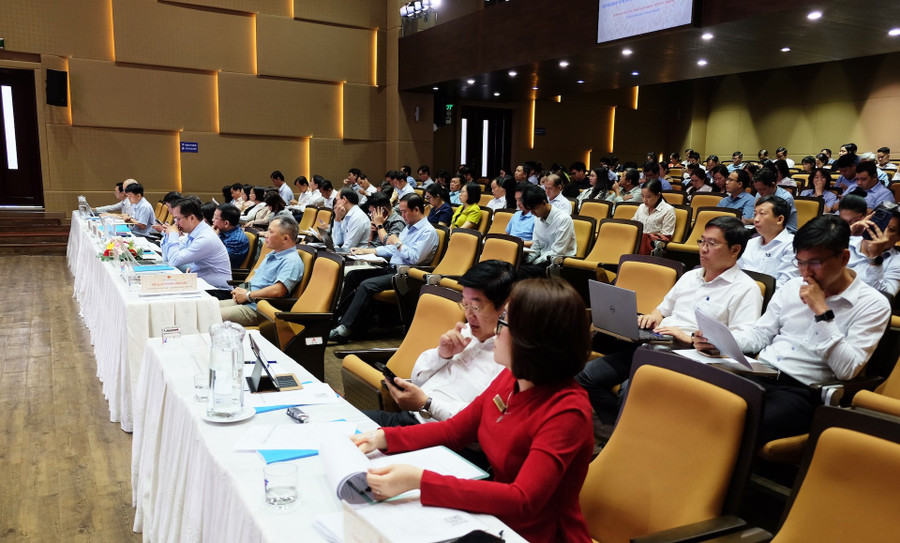
The startup movement among students is increasingly promoted. Schools have implemented many solutions: communication, training support, creating practice-internship environments, linking knowledge with startup skills.
In particular, the elements of innovation and social reform are integrated into the scientific research of lecturers and students, contributing to the formation of many start-up projects serving the community.
Project 1665 has basically completed its goals: promoting entrepreneurial spirit, equipping knowledge and skills, and creating an environment to support students in starting businesses.
Despite many achievements, start-up activities in schools are still mainly at the communication and inspiration stage. Support policies are not consistent, mechanisms are delayed, and facilities and start-up capital are limited. Therefore, the movement still lacks breakthroughs to create widespread and sustainable impacts.
Strategic requirements in the new phase
At the workshop, Mr. Tran Van Dat, Deputy Director of the Department of Students (Ministry of Education and Training) said that in the new context, continuing to develop the "Project to support students in starting a business in the period 2026-2035" is not only an urgent requirement, but also a strategic task to develop high-quality, creative young human resources capable of creating the future.
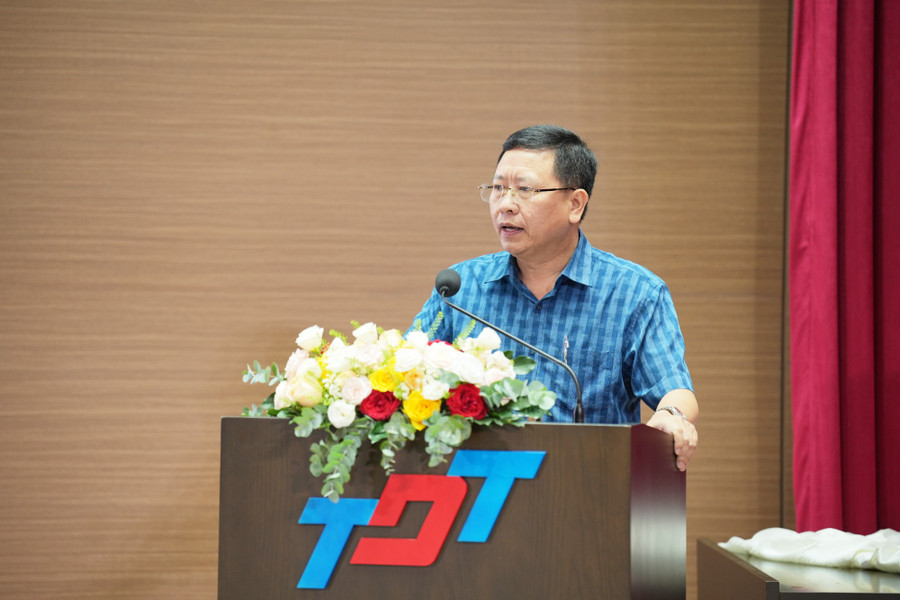
In particular, this orientation is consistent with the Party's major policies such as: Resolution No. 57-NQ/TW (December 22, 2024) on science, technology development, innovation and national digital transformation; Resolution No. 59-NQ/TW (January 24, 2025) on international integration in the new situation; Resolution No. 66-NQ/TW (April 30, 2025) on innovation in law making and enforcement; Resolution No. 68-NQ/TW (May 4, 2025) on private economic development; Resolution No. 41-NQ/TW (October 10, 2023) on promoting the role of Vietnamese entrepreneurs.
The Ministry of Education and Training has identified 7 main orientations when developing the new phase of the project. The project will perfect the mechanism and policies to support startups, build a legal framework, incentives and practical support tools; promote communication, spread the entrepreneurial spirit and success stories among students.
At the same time, the project aims to innovate training programs, provide knowledge, skills and promote the formation of startup culture in schools; build a team of consultants, support startups, train and foster responsible staff; invest in infrastructure and facilities, develop innovation centers, startup spaces, laboratories and digital platforms.
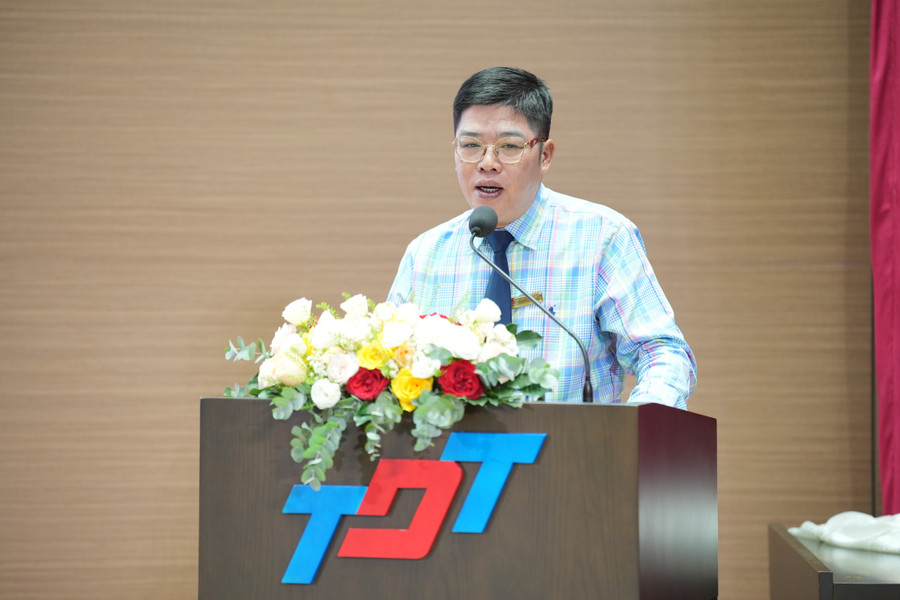
The project also aims to diversify capital sources, mobilizing from the budget, businesses, investment funds, social organizations and communities for start-up projects.
In addition, the orientation is to strengthen international cooperation and connect businesses, alumni, experts, and investors to promote incubation and commercialization of startup products.
By 2030, 90% of students will be equipped with entrepreneurial knowledge
Mr. Bui Tien Dung, Senior Expert, Director of the Department of Students (Ministry of Education and Training) presented the draft report of the project "Supporting students to start a business in the period 2026-2035".
According to the draft project, by 2030, 90% of university students, 75% of vocational education students, 25% of high school students, 15% of secondary school students and 10% of primary school students will be equipped with knowledge and skills in financial management, innovation, entrepreneurship, digital skills and artificial intelligence.
At the same time, students will receive career guidance and counseling before transferring to another level or before graduating.
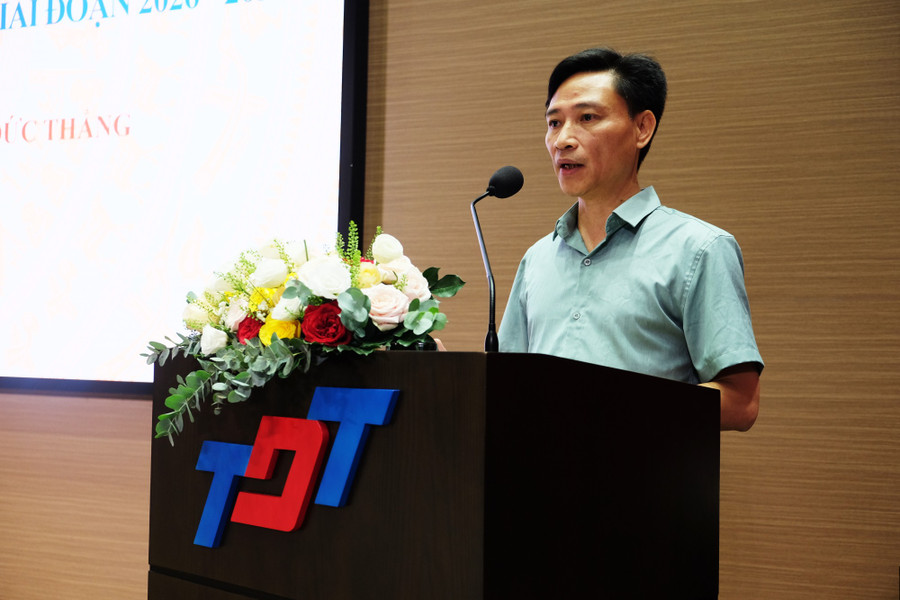
One of the highlights is that 70% of university students and 50% of vocational education students will participate in at least one startup project before graduation.
At the secondary level, about 35% of students by grade 11 are expected to participate in at least one project or have a creative idea that brings value to the community and is recognized by the school.
The project also aims to build a startup support system at training institutions. Specifically, at least 90% of universities and 70% of vocational schools will establish a specialized department to support students in starting a business.
In addition, 85% of training institutions will have subjects or topics on entrepreneurship in their curriculum; 50% of general education institutions will organize activities to impart the spirit of entrepreneurship. Technology, Information Technology, and experiential and career-oriented activities will also incorporate at least one topic on creative entrepreneurship.
Supporting human resources are identified as playing an important role. The draft sets a target of at least 70% of training institutions and 50% of high schools achieving a proportionate ratio of startup consultants, according to the standard of 1 consultant/500 university students and 1 consultant/800 high school students.
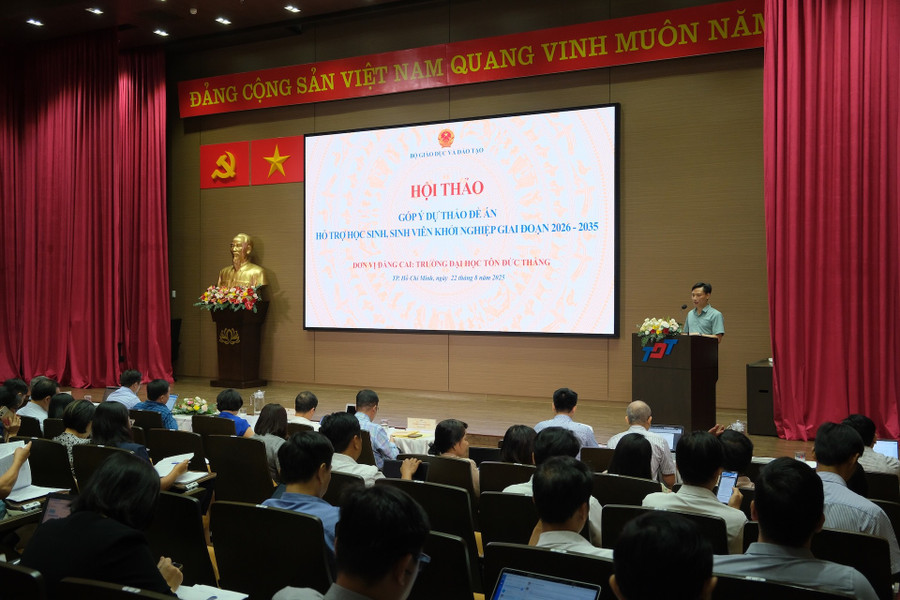
Another notable area is promoting the establishment of enterprises originating from schools. It is expected that 10% of universities and 2% of vocational schools will establish at least 2 enterprises each year from research results or startup ideas.
Along with that, there will be at least 40 startup projects of lecturers and students included in the investment or capital connection phase, of which at least 30% of projects are guaranteed to be implemented by female lecturers and students and 10% of projects by ethnic minority students.
The project also aims to create at least three innovative startup ecosystems at higher education institutions and build 20 open manufacturing laboratories (Fablabs) in localities. These will be spaces for students to practice, develop ideas and apply technology to startups.
By 2035, the draft identifies targets for the above indicators to continue to be raised.
Need for policy groups and synchronous solutions
At the workshop, many delegates from higher education institutions presented papers, focusing on improving the quality of start-up activities of students.
In addition, delegates also discussed and built a system of tasks and solutions for the coming period, based on scientific foundations and domestic and international implementation experience.
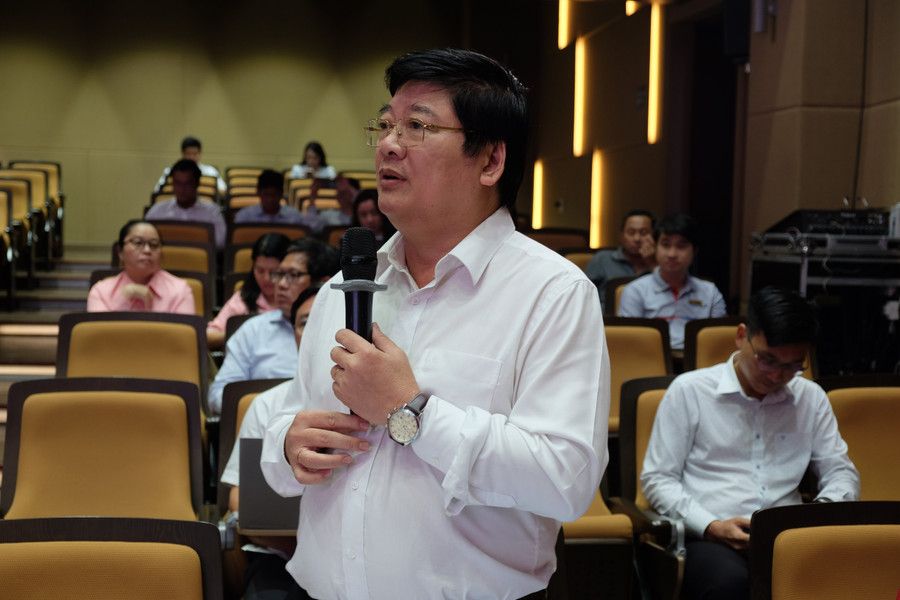
Overall, the delegates highly agreed with the draft project in terms of its purpose, objectives and construction viewpoint. Many opinions assessed that this is a carefully constructed project with vision and deserves to become a driving force to promote the entrepreneurial spirit in the young generation.
Dr. Tran Dinh Ly, Vice Principal of Ho Chi Minh City University of Agriculture and Forestry, expressed his agreement with the project's orientation when determining that the breakthrough lies in innovation of educational mechanisms and thinking.
According to him, shifting from the goal of "training to supply human resources" to "developing people as the center of innovation and leading growth" is a key step, contributing to forming a startup culture and a spirit of lifelong learning in the educational environment.
Dr. Ly also emphasized that the project needs to be more closely linked to the goals in the Education Development Strategy to 2030, vision 2045. Along with that, student startups need to be placed in the context of major trends such as green economy, digital transformation and circular economy.
To increase humanity and social values, he said that the project must have policies to narrow regional gaps, paying special attention to start-up activities of students in disadvantaged areas and ethnic minorities.
Regarding the target indicators, Dr. Ly proposed adding criteria on the proportion of young lecturers with the capacity to train startups, and at the same time building an index on the proportion of startups that can survive and develop sustainably in the period of 3-5 years.
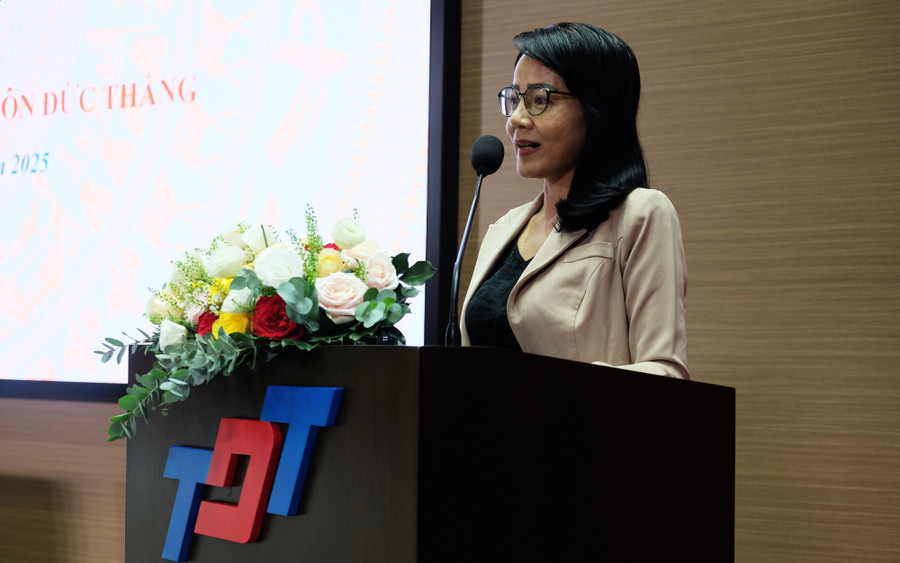
Dr. Tran Thanh Thy, Director of the Center for Innovation and Startup (Vinh Long University of Technical Education), emphasized: in the context of international integration, linking training with innovation and startup and technology transfer is an urgent and long-term requirement, creating momentum for rapid and sustainable development.
Vinh Long University of Technical Education has established the Center for Innovation and Entrepreneurship to foster the entrepreneurial spirit of students and strengthen connections with the national entrepreneurial ecosystem, especially in the Mekong Delta region.
Ms. Thy believes that to promote the spirit of innovation and entrepreneurship among students, it is necessary to deploy groups of solutions together.
Firstly, perfecting the policy on startups and innovation. The policy must ensure systematicity, synchronization, consistency and close connection with practice, creating a legal corridor and a favorable environment for students to boldly start a business.
Second, promote cooperation in the startup ecosystem. Universities need to build a mechanism to closely connect with businesses, increase connectivity between components in the ecosystem, thereby mobilizing and optimizing resources of all parties.
Third, increase investment in scientific research and innovation. It is necessary to increase support costs for research activities, technology development and innovative startups in schools.
Source: https://giaoducthoidai.vn/hinh-thanh-van-hoa-he-sinh-thai-khoi-nghiep-dong-bo-trong-nha-truong-post745165.html



![[Photo] President Luong Cuong attends special political-artistic television show "Golden Opportunity"](https://vphoto.vietnam.vn/thumb/1200x675/vietnam/resource/IMAGE/2025/8/22/44ca13c28fa7476796f9aa3618ff74c4)
![[Photo] Prime Minister Pham Minh Chinh chairs the conference to review the 2024-2025 school year and deploy tasks for the 2025-2026 school year.](https://vphoto.vietnam.vn/thumb/1200x675/vietnam/resource/IMAGE/2025/8/22/2ca5ed79ce6a46a1ac7706a42cefafae)
![[Photo] President Luong Cuong receives delegation of the Youth Committee of the Liberal Democratic Party of Japan](https://vphoto.vietnam.vn/thumb/1200x675/vietnam/resource/IMAGE/2025/8/22/2632d7f5cf4f4a8e90ce5f5e1989194a)









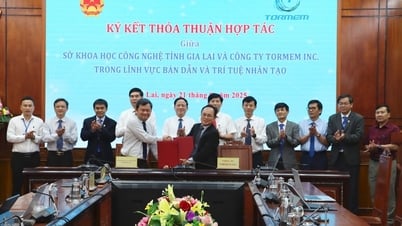

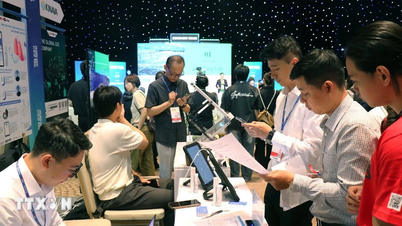

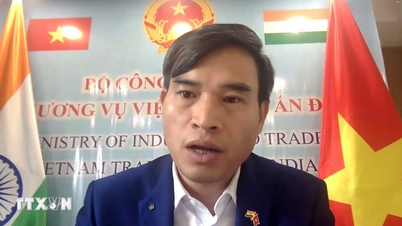
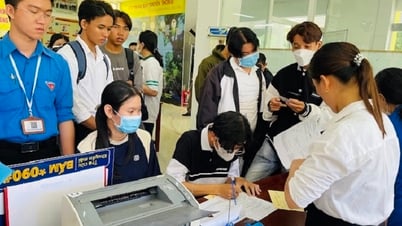
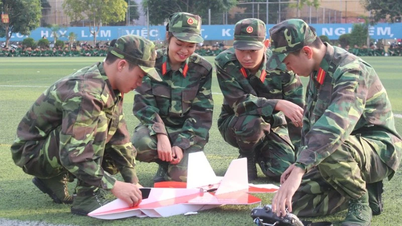

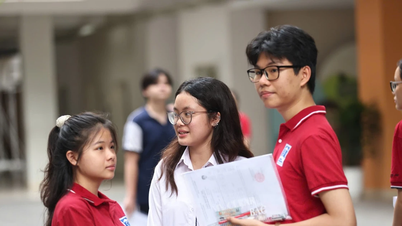
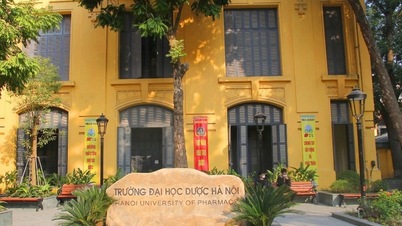









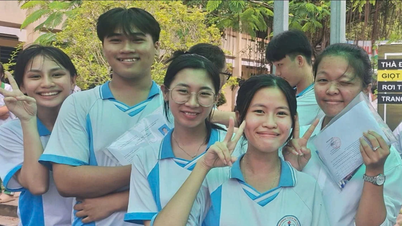
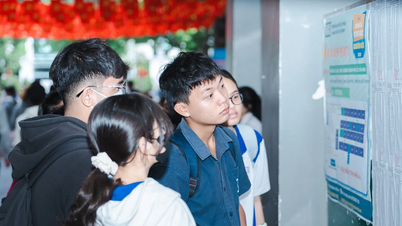

































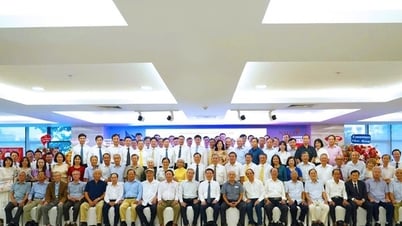

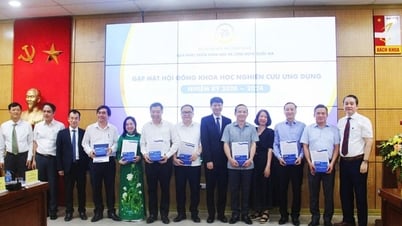















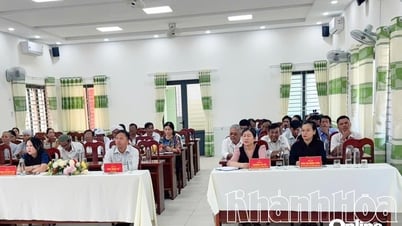














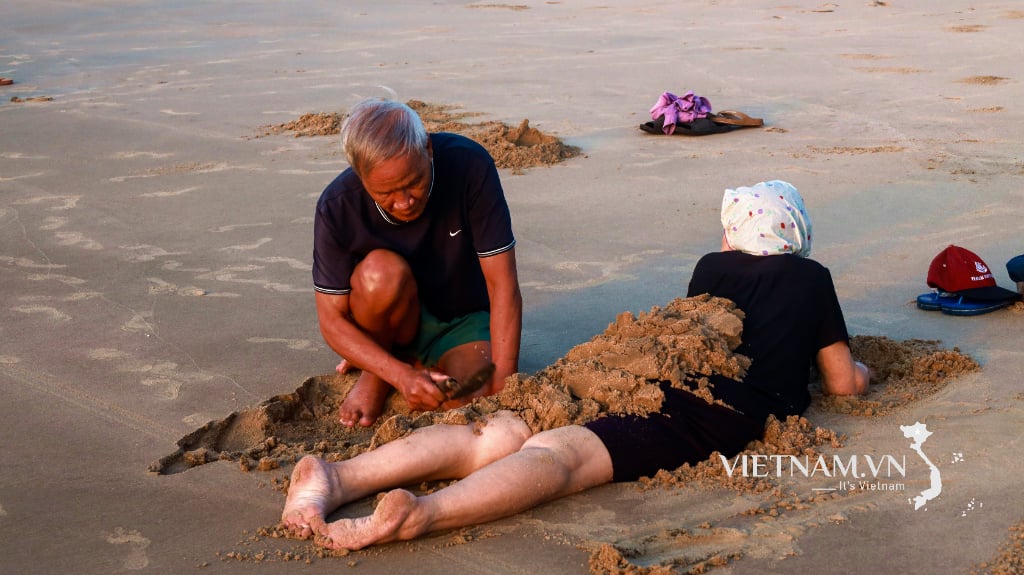
Comment (0)